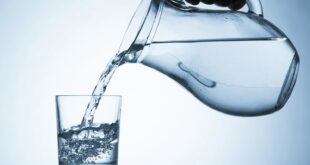Whilst we increasingly use skincare products on our skin, we seem to be leaving out or doing a rush job of the most basic and essential step of our beauty routine: cleansing. But a quick swipe of a face wipe or splashing your face with water in the shower won’t cut it. Taking the time to remove your makeup and thoroughly wash your face will ensure that you see visible improvements day after day, cleanse after cleanse.
Consider what your skin is exposed to throughout the day. From makeup and sweat to particles in the environment, your skin inevitably faces many external aggressors. Daily facial cleansing removes every last trace of dirt, excess oil, pollution and unwanted skin cells off of your face.
Cleansing is the first step of all skincare routines and is beneficial in a number of ways. If not cleansed properly, dirt and pollution accumulate at the surface of your skin and could potentially contribute to breakouts, dehydration and aging. To help protect itself from environmental damage, the skin produces sebum.
While sebum is beneficial to your skin, if it stays on the skin too long without being cleansed off, or if there is excessive oil on the surface, it can mix with any residue build-up leftover on your skin. This may cause enlarged pores and create a blockage of skin follicles, trapping sebum and allowing bacteria to penetrate the skin, which leads to inflammation and acne.
In summary, Whilst skipping the cleansing step and heading straight to bed may be appealing, cleansing your face twice daily will benefit the health, youth, and radiance of your skin. Indeed, regular cleansing should not be neglected since it is one of the most effective ways to achieve a clearer and brighter complexion whilst leaving your skin feeling softer and smoother.
 Tempus Magazine By Students, For Students
Tempus Magazine By Students, For Students 



